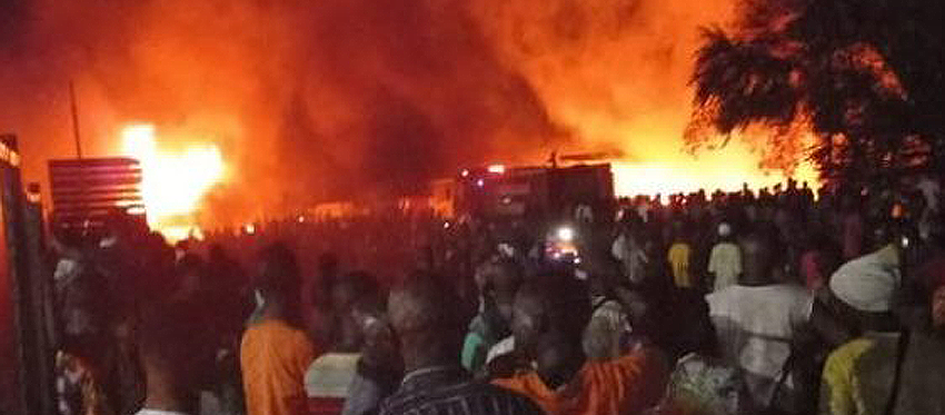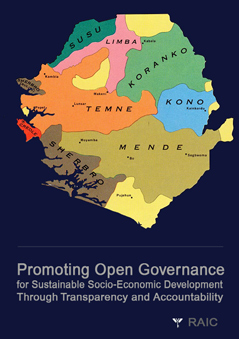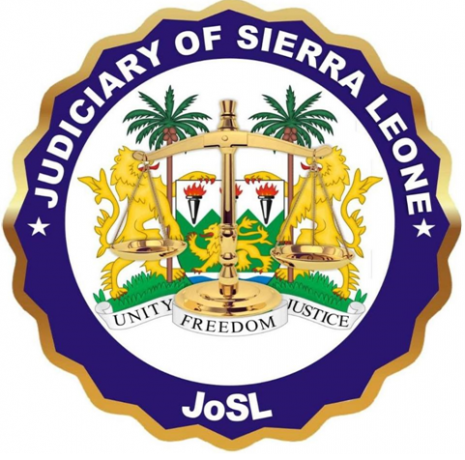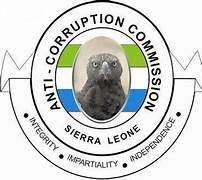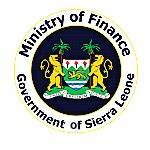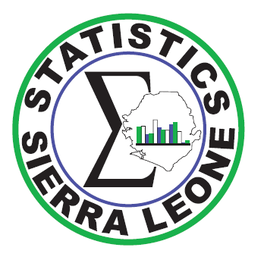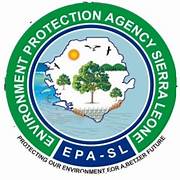STATEMENT: The leadership and staff of the Right to Access Information Commission (RAIC) wish to extend their heartfelt condolences to the families of those who lost their lives in the Wellington fire disaster on Friday 5th November 2021
and pray for the speedy recovery of all those admitted in various hospitals as a result of injuries sustained during this fire incident.
The Commission calls on all public authorities on the front line of emergency response to this disaster, especially the National Disaster Management Agency(NDMA), the police, fire force, Ministries of Health, Welfare and Energy to continue to proactively provide credible information about the disaster, and on request, and also keep proper records of their decisions and actions. We need this to promote accountability and experiential learning on how to prevent and/or deal with similar disasters in the future. Documenting and providing access to credible information about the disaster is critical to preventing misinformation, disinformation, and by extension the distortion of recorded accounts of interventions to minimise the impact of the disaster.
In line with Sustainable Development Goal 16.10, having access to information is having access to resources that make it possible to enjoy a healthy life and other related human rights, as well as having awareness of major challenges facing humanity. “Access to credible disaster-related information therefore goes beyond just the right to know what happened, why it happened, and who were the victims, but also how it has impacted the lives and livelihoods of the survivors, and how public and private emergency agencies are responding”, said Dr Ibrahim Seaga Shaw, Chairman and Information Commissioner of the RAIC.
While we recognize the good work so far demonstrated by the NDMA in proactively disclosing information about the disaster to the public, we would like to encourage them and other frontline bodies to set up an emergency Access to Information Help Desk. This emergency unit can also have a dedicated telephone line to process requests for the disaster-related information in accordance with PART 11 of the Right to Information Act 2013; and ensure that such information does not fall among the exempt information as provided in PART 111 of the same Act.
Moreover, it is critical to document all decisions made and the senior decision-makers involved in the response, for accountability both during and after the disaster, and for researchers and future generations to be able to learn from these actions. In fact documenting these disaster-related decisions and actions is very important, especially given the fact that in such emergencies keeping proper records may be at risk hence the need for frontline institutions to ensure good record keeping.




